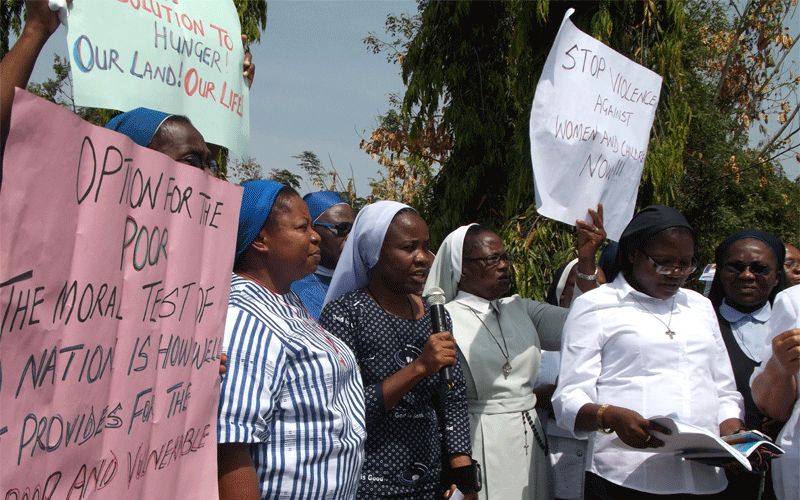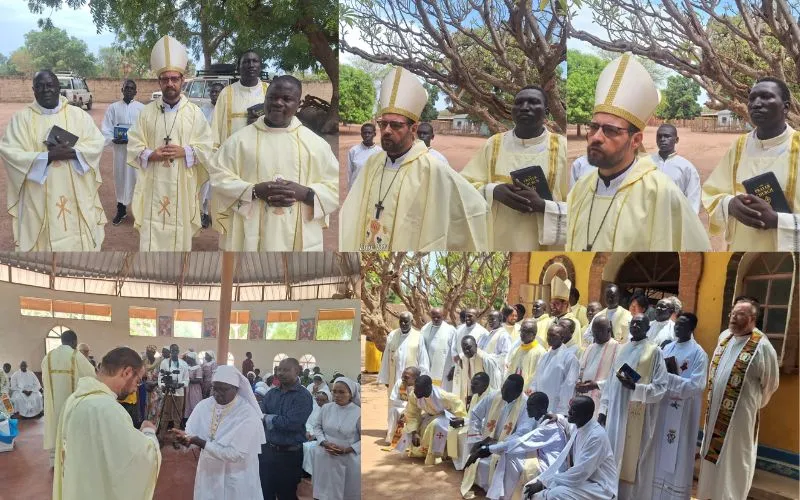Port Harcourt, 17 January, 2020 / 2:35 am (ACI Africa).
The brave fight mounted by religious sisters against human traffickers in Nigeria has been a key highlight of the ongoing conference that has brought together religious men and women in the west African country.
There have been increasing cases of human trafficking and sexual slavery in Nigeria amid reported public outcry that government interventions are not yielding much. Recent reports indicate that, of the over 20,000 Nigerian women who went to Italy in the last three years, 80 per cent of them ended up as victims of human trafficking.
However, addressing major superiors of different religious orders gathered at the Catholic Institute of West Africa (CIWA) in Port Harcourt for a week-long joint conference, Sr. Teresa Okure of the Society of the Holy Child Jesus (SHCJ) pointed out gains that religious men and women have made in the fight against human trafficking and other social evils in Africa’s most populous country.
At the conference, Sr. Okure, a professor of Scripture and gender hermeneutics at CIWA, was speaking on behalf of the Africa Faith and Justice Network (AFJN), a global advocacy organization that stresses issues of human rights and social injustice in the context of the Catholic faith. AFJN, which is based in Washington has an active presence in Nigeria under the name Africa Faith and Justice Network, Nigeria (AFJN-N).
“The AFJN team has asked me to express their deep gratitude to you the Major Superiors of Women Religious Congregations in particular, for sending your Sisters to participate in workshops and advocacy events, particularly in Abuja, Edo State and Enugu State,” said Sr. Okure in her opening remarks at the conference that kicked off Monday, January 13.








